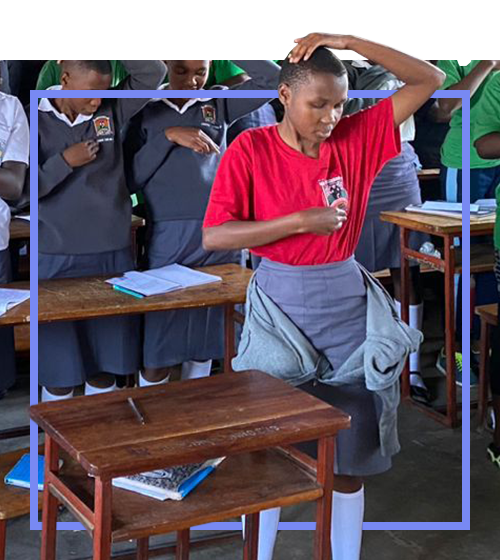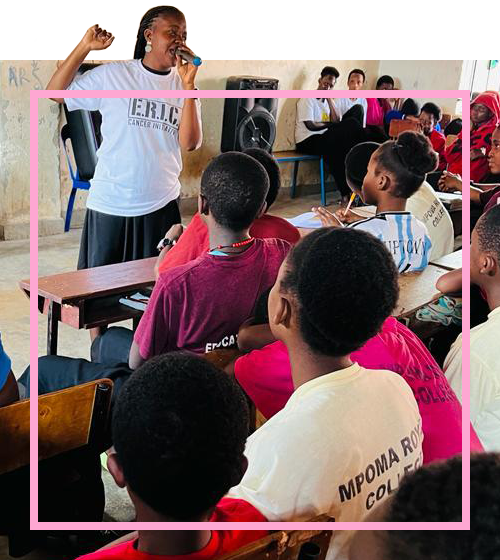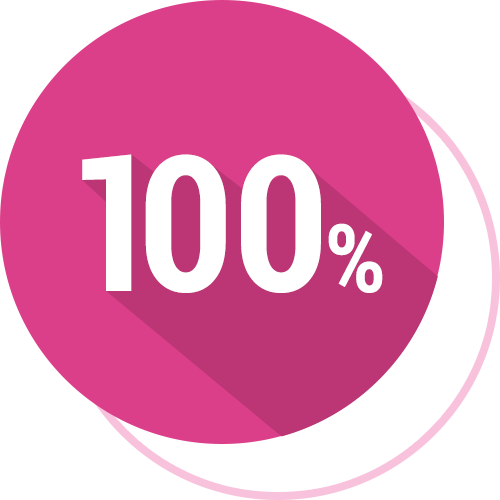Education with no Boundaries
Breast Health Education is our Mission
Promoting breast health education, including the performance of breast self-exams (BSE), is a valuable mission with the potential to empower individuals and enhance early detection of breast abnormalities.

Breast Cancer
Learn about key risk factors, signs and symptoms, breast self-exams, and more.

Prevention
Learn about exercise, nutrition, and healthy lifestyle choices to help prevent breast cancer.

Media
Learn about helpful books, upcoming documentaries, and educational podcasts.
Cancer Literacy
Cancer literacy is the degree to which individuals can obtain, process, and understand the basic cancer information and services they need to make appropriate health decisions.


